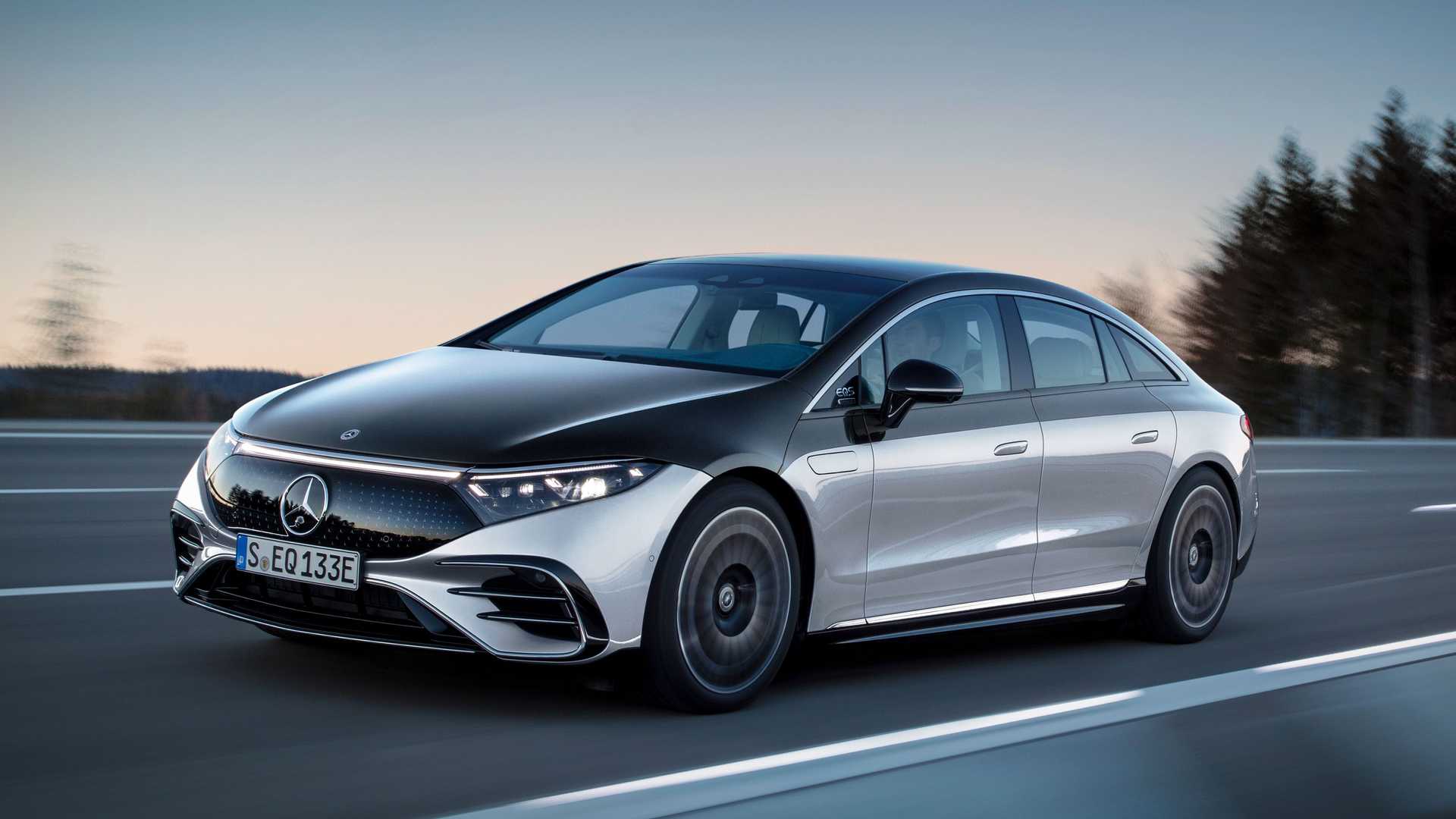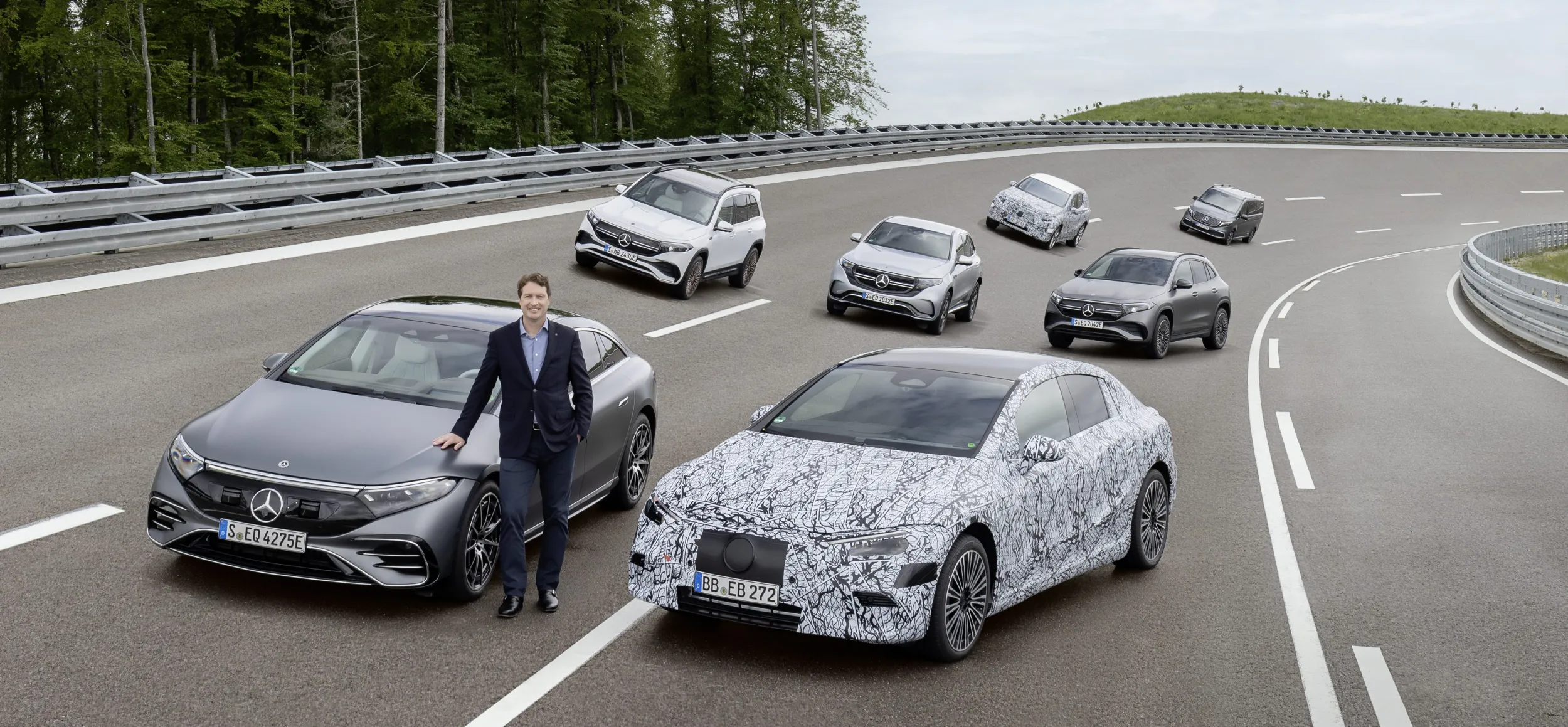Today, Mercedes-Benz announced a new electrification plan for the next 10 years, with the goal of achieving complete electrification by 2030. To achieve this goal, Mercedes-Benz has stated that they are currently developing three new pure electric platforms that will be launched in 2025, and gradually phasing out fossil-fuelled cars thereafter.
The key points of the Mercedes-Benz electrification plan include:
- Launching three pure electric platforms in 2025, and only releasing pure electric platforms thereafter;
- Producing power batteries of over 200 kWh through new partnerships and building 8 battery factories;
- Acquiring YASA motors to improve the efficiency of electric powertrains;
- Adding plug-in and charge-on-the-go features and expanding beyond 530,000 charging stations worldwide through Mercedes me.
Additionally, Mercedes-Benz has recently confirmed in the media that the EQE SUV and EQS SUV will be unveiled next year, with the EQS SUV Maybach version to be released soon. It can be seen that by next year, Mercedes-Benz will have a pure electric product in every segment of the market, fully investing in the electric vehicle war.

Recently, the Volkswagen Group, another German auto giant, has also shown its ambition in the electrification transformation. In the 2030 NEW AUTO strategy announced recently, Volkswagen will completely integrate its brands and existing platforms to form the SSP platform. It is not difficult to see that all major automakers have set their electrification transformation goals for 2030. It remains to be seen how the market will be reshaped at that point.
As far as the current domestic market is concerned, Mercedes-Benz’s pure electric products are still in the transitional period. Both the long-released EQC and the soon-to-be-released EQA and EQB are still products of oil-to-electric conversion. Last month, the sales of EQC were far behind those of ES6 in the same price range, with only 512 cars sold. With the rapid rise of new forces, the domestic auto market is undergoing restructuring, and traditional brands’ products are almost invisible in the sales ranking of new energy vehicles. This also means that consumers’ buying attitudes have changed, and brand effect is no longer as strong as before; people are more willing to try newer, more attractive products. Just yesterday, the first batch of ES8s for delivery to Norwegian users officially arrived, and more independent brands will soon be coming out of the country. Before long, new forces will be fighting with traditional car companies in the global market, and I am very much looking forward to this future electric vehicle war.
🔗Source: Mercedes-Benz Official
This article is a translation by ChatGPT of a Chinese report from 42HOW. If you have any questions about it, please email bd@42how.com.
